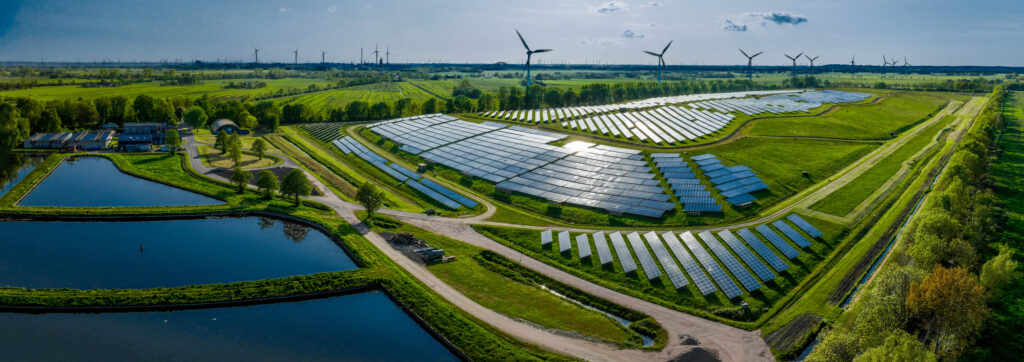Pennsylvania Governor Ed Rendell (D) is going on the offensive against a statewide natural gas drilling moratorium proposed by some environmental activist groups.
“There is no chance of a moratorium,” Rendell emphasized at a September 7 public meeting in Washington County. “The legislature would never pass one, and I’m against it as well because I believe we can strike the right balance.”
Targeting the Golden Goose
Instead, Rendell is pushing for new taxes on natural gas. The governor is seeking a 5 percent tax on the sale value of all natural gas produced in the state, plus an additional 4.7 cent tax on every 1,000 cubic feet of natural gas produced.
Dan Onorato, the Democratic Party’s candidate to replace Rendell in the November elections, favors the proposed taxes, but Republican party nominee Tom Corbett opposes any new taxes. Corbett has consistently shown a roughly 10 point lead in the polls.
Nevertheless, Rendell continues to push for the new taxes, claiming energy companies can easily afford them.
“Can the companies afford to pay this tax? You bet they can. This is a gold rush—it’s a modern day gold rush,” Rendell said at the public meeting.
“I don’t want to kill the golden goose. I just want to make sure the goose pays its fair share and that we do things right,” he added.
Risking Job Losses
“It’s good news that Gov. Rendell opposes a moratorium against natural gas drilling,” said Daniel Simmons, director of state affairs for the Institute for Energy Research. “But his support for new taxes poses a serious threat to job creation in the state.”
“Last year, natural gas drilling created 44,000 jobs in Pennsylvania and natural gas drillers paid out $1.6 billion in royalties to landowners,” Simmons explained. “This economic success story would be imperiled if Gov. Rendell’s new taxes go through.”
Nate Benefield, director of policy research for the Harrisburg-based Commonwealth Foundation, is concerned the proposed tax revenues will simply be tossed into the state’s general revenues instead of addressing any alleged environmental impacts of natural gas production.
“We’ve not been saying we’re completely opposed to [the taxing plan]. Our position has been that if there is a need for the tax, then the money should be dedicated for direct production costs,” Benefield said.
As for the moratorium, Benefield said there was no chance of it being enacted in the state.
“New York has a moratorium,” he said. “But that’s been proposed in Pennsylvania over the years and never been taken seriously. In Pennsylvania, unlike New York, there are already jobs tied to the drilling. There are already workers doing the work.”
Cheryl K. Chumley ([email protected]) writes from northern Virginia.



